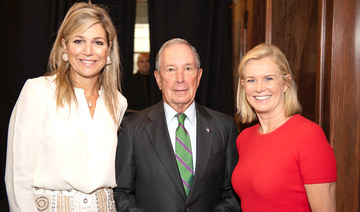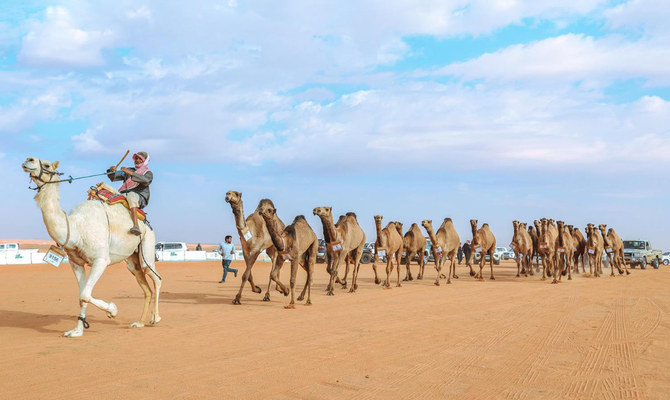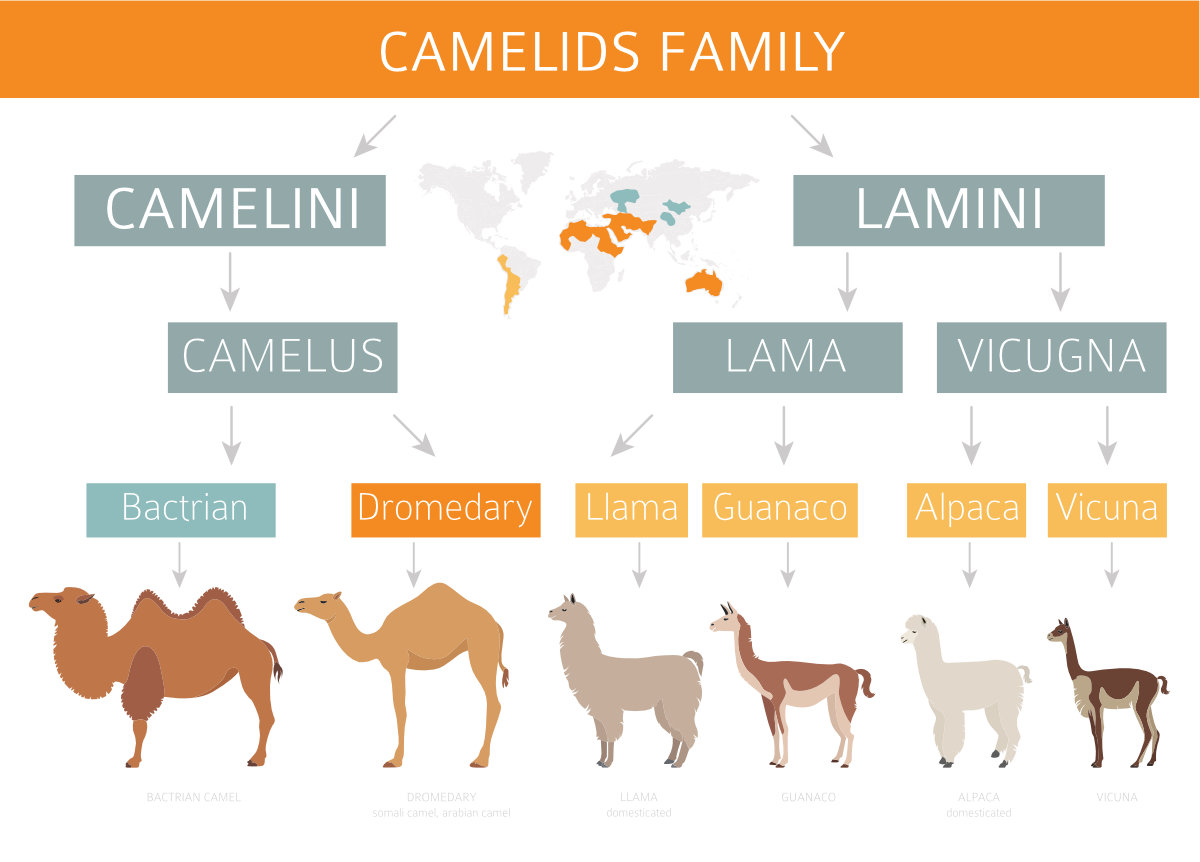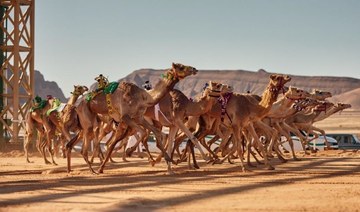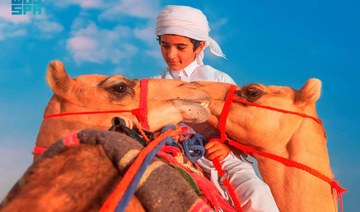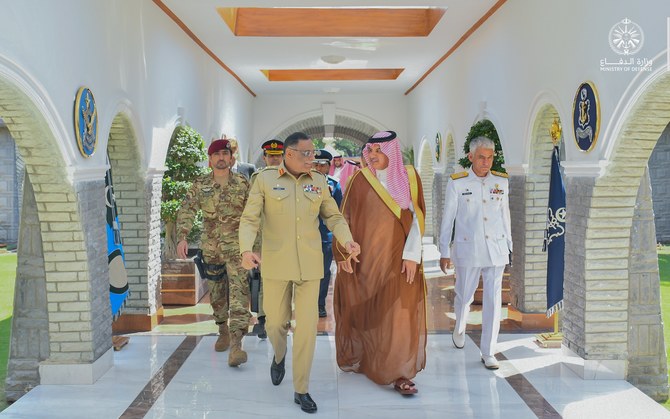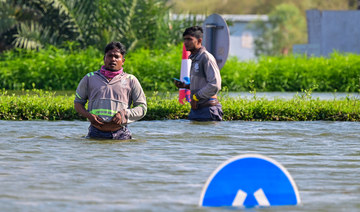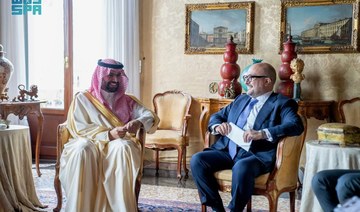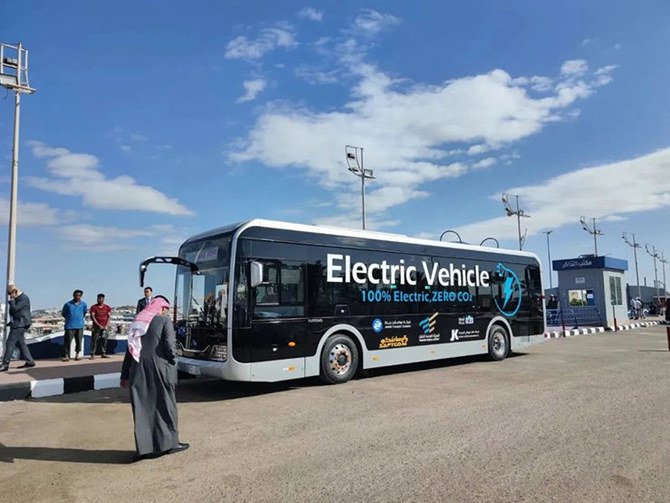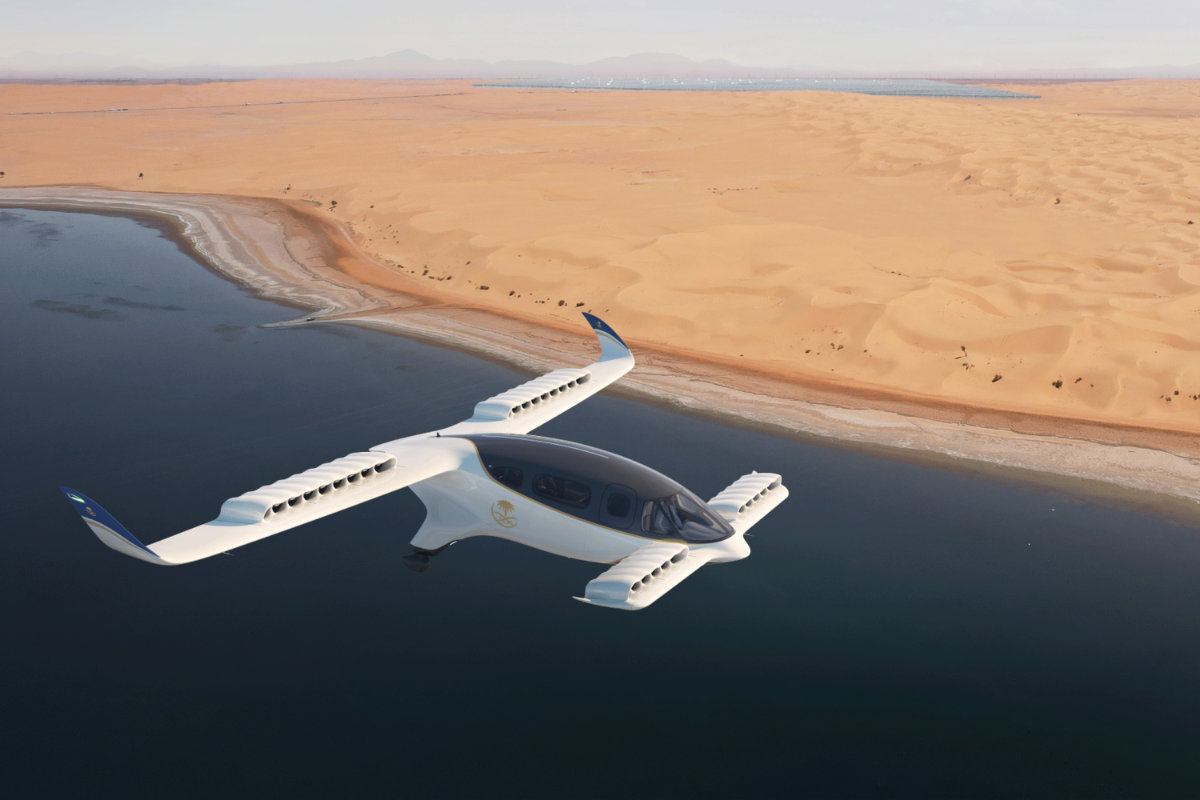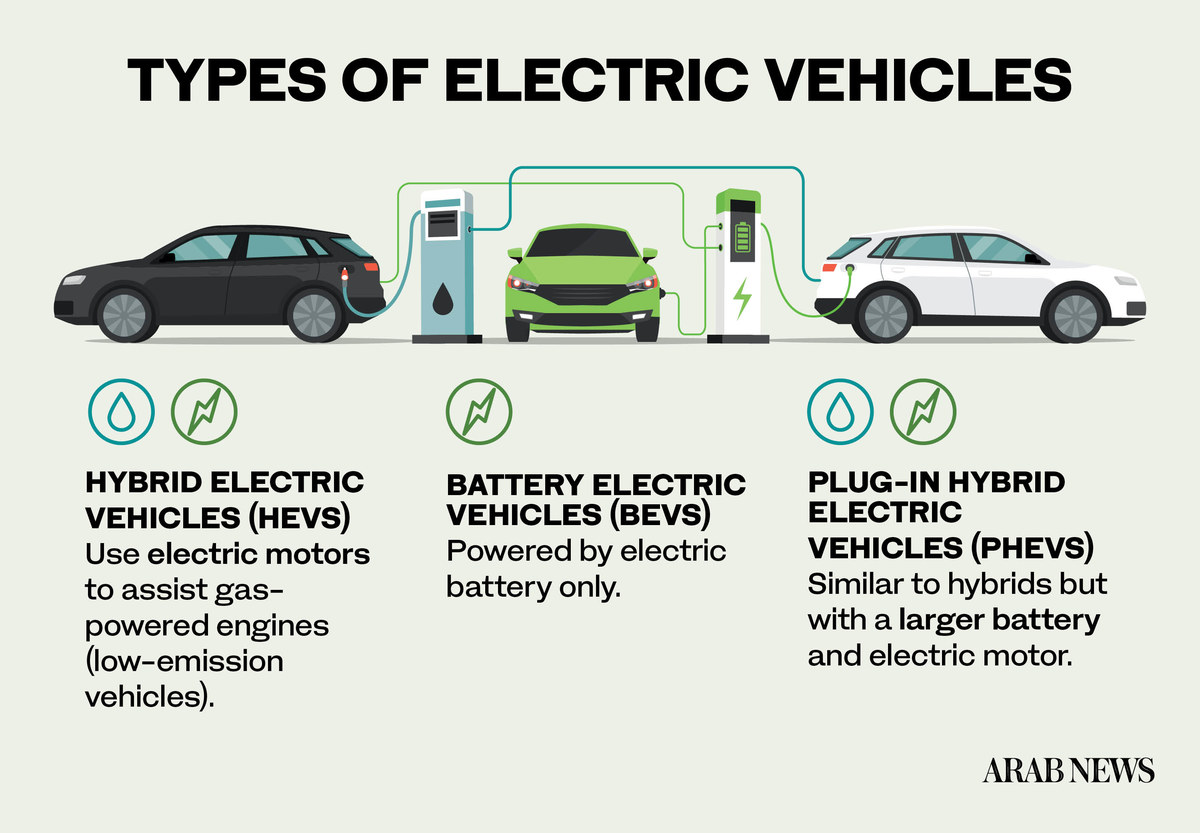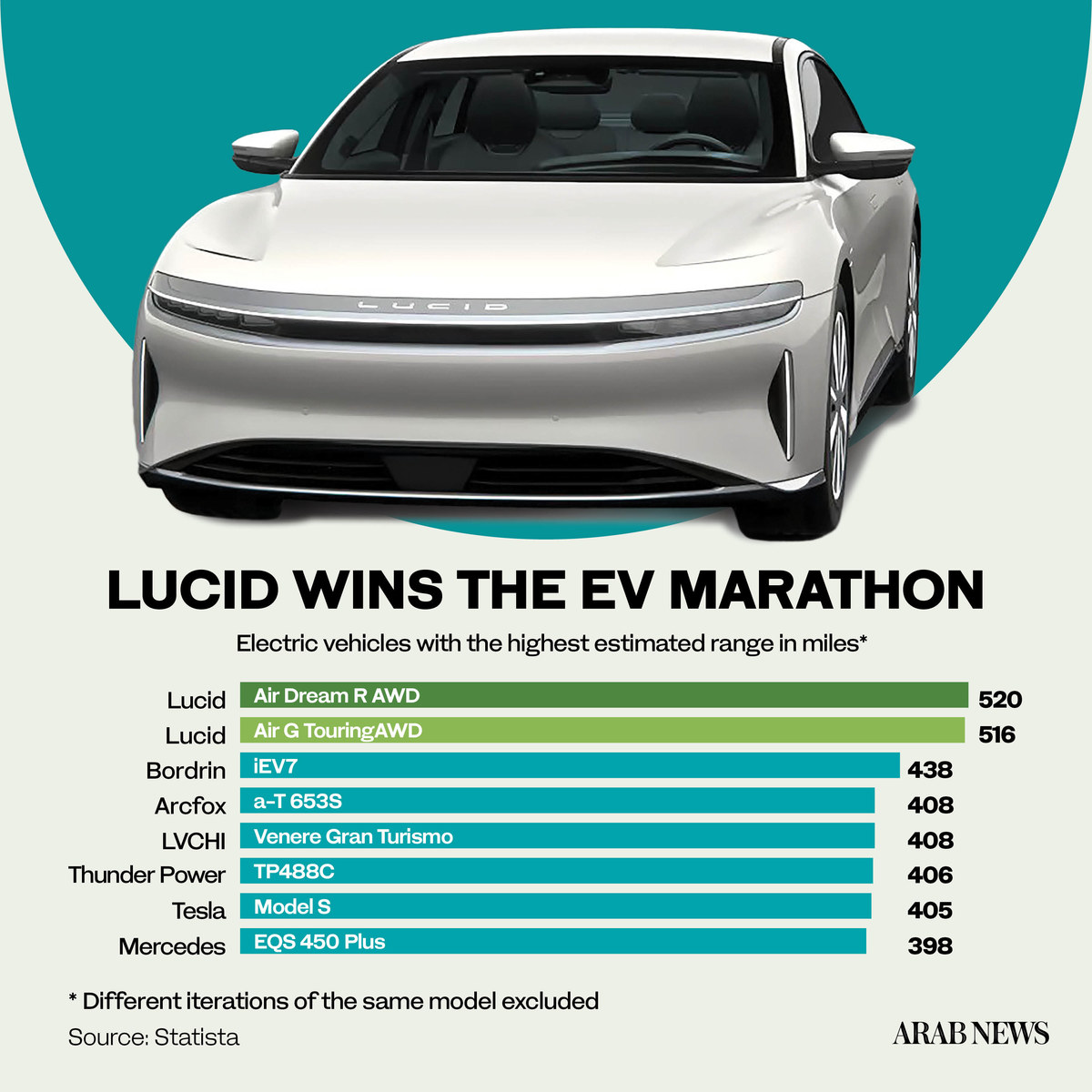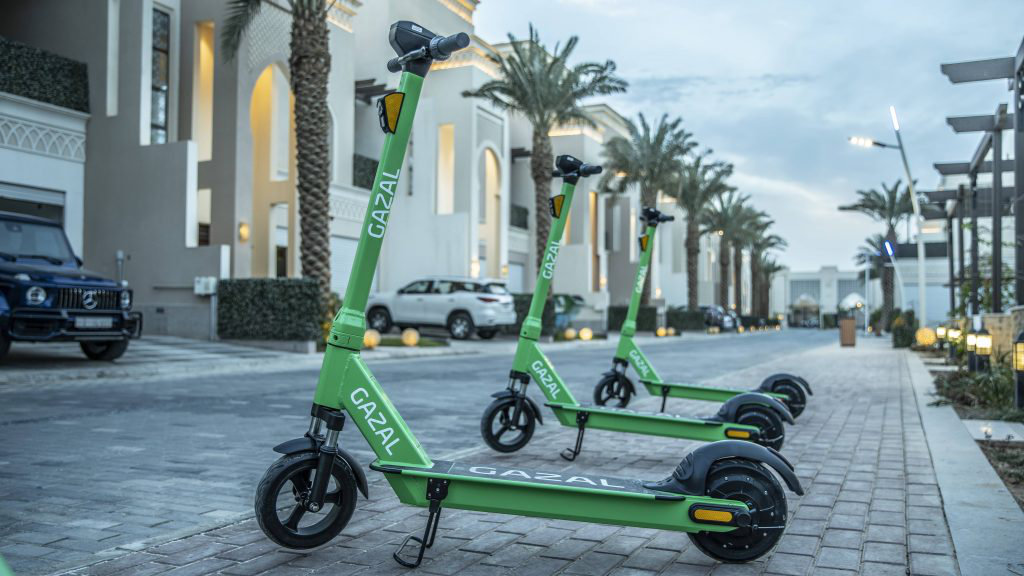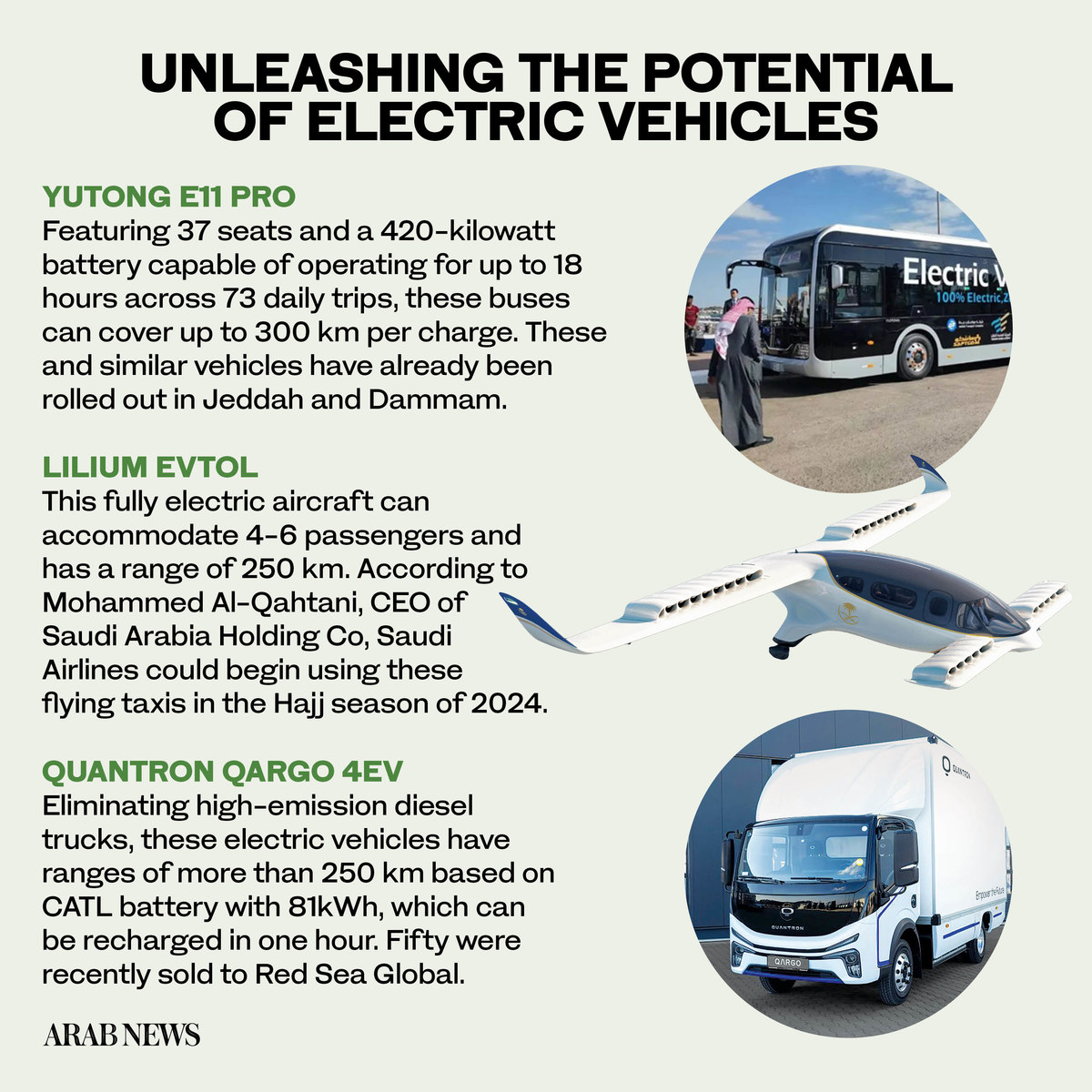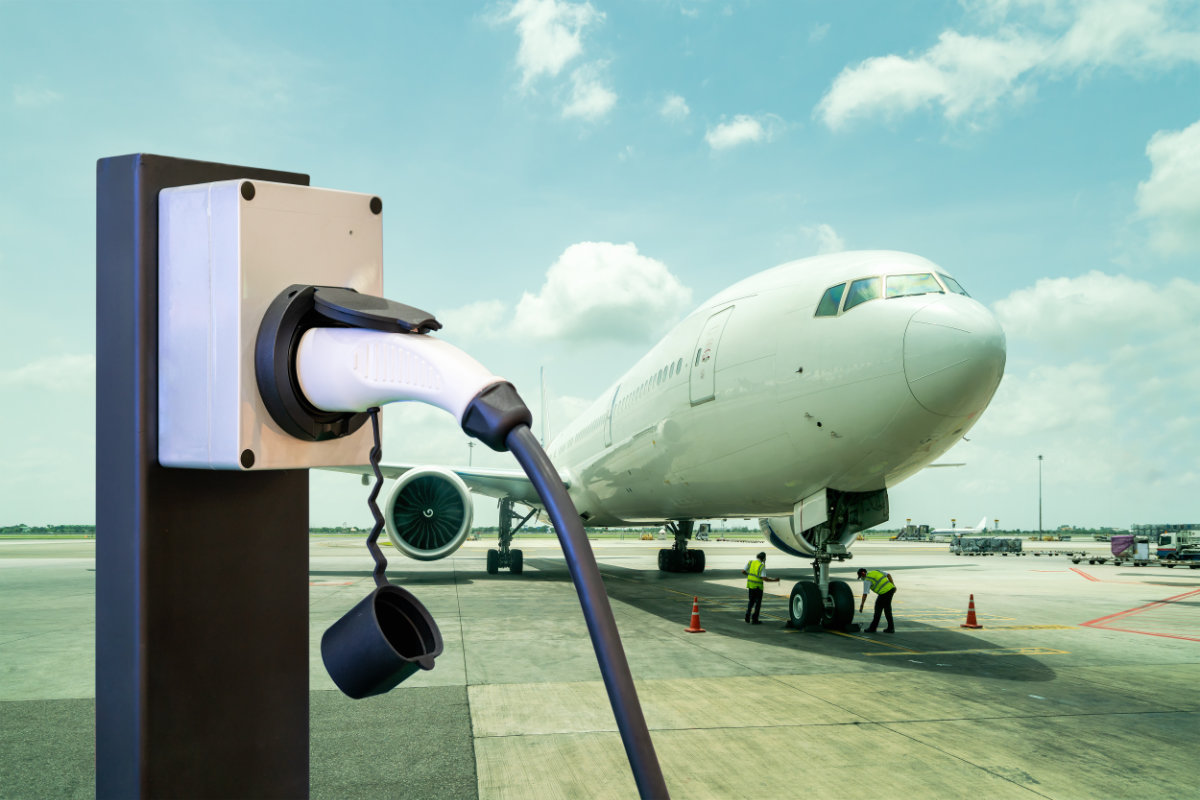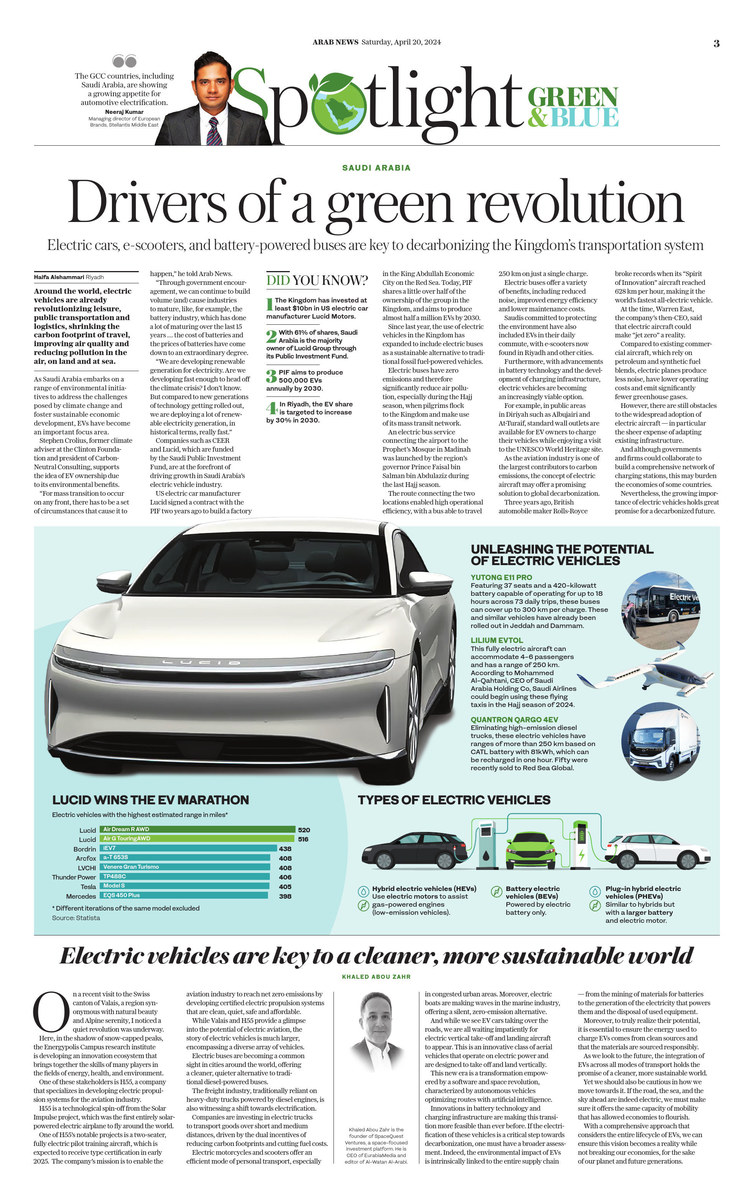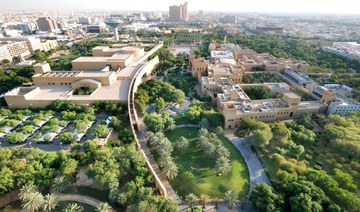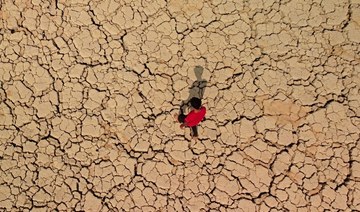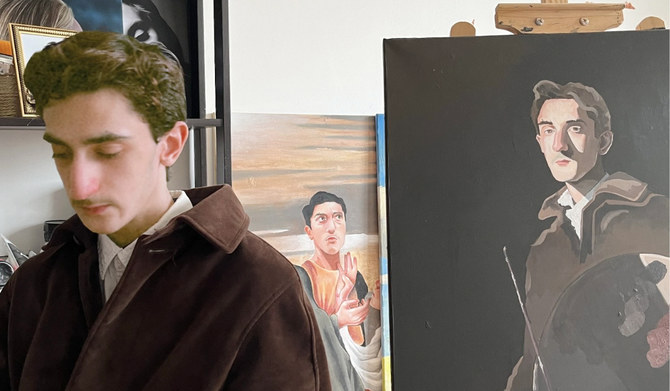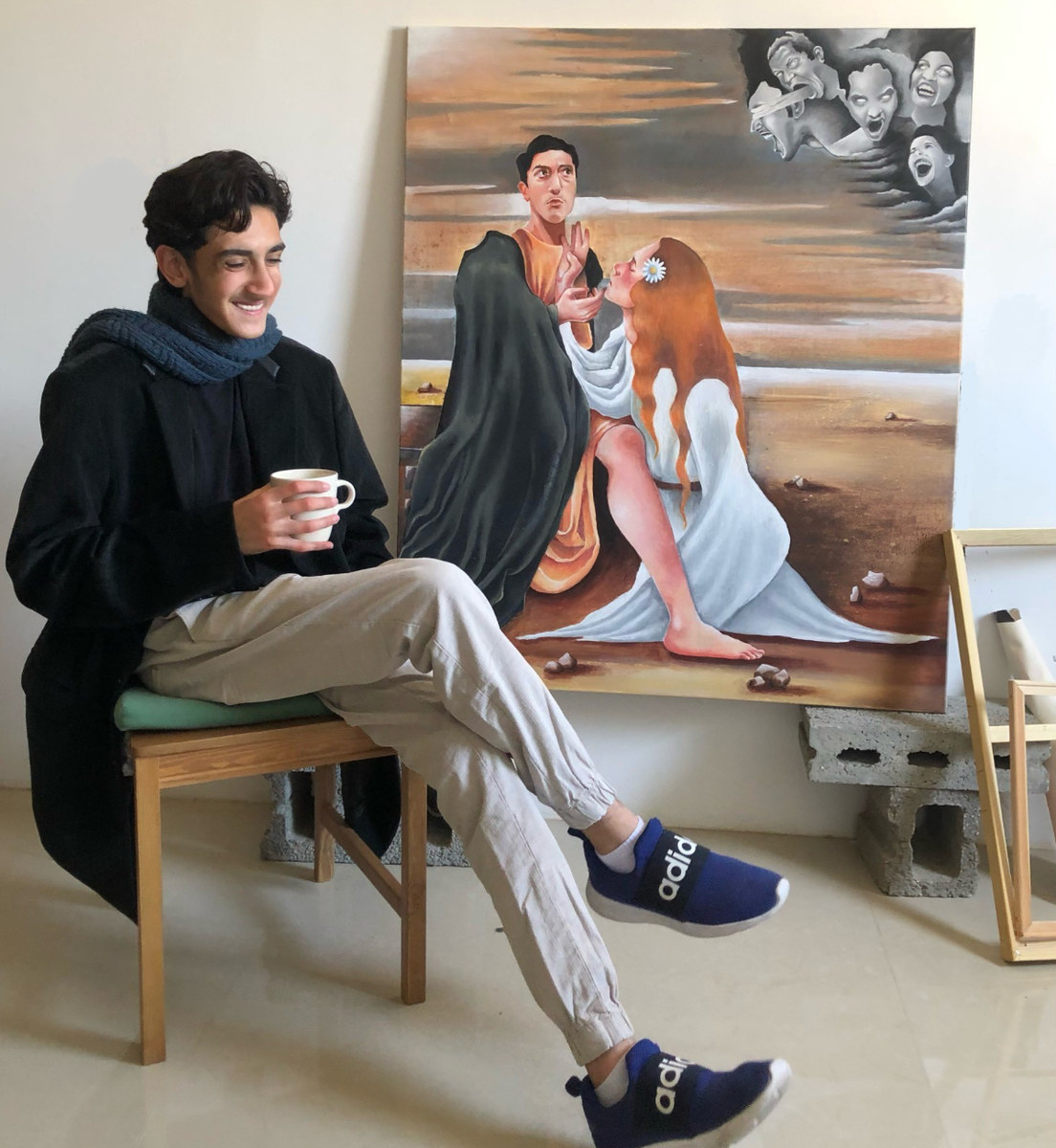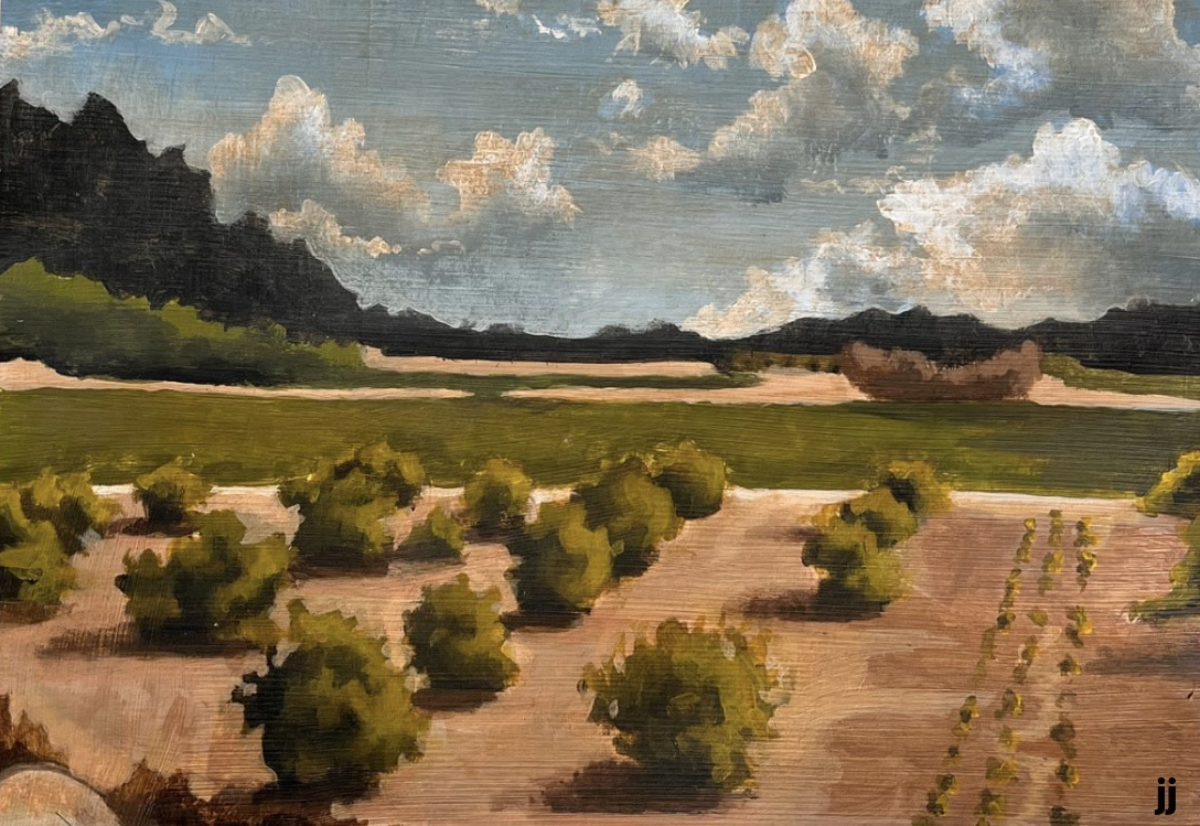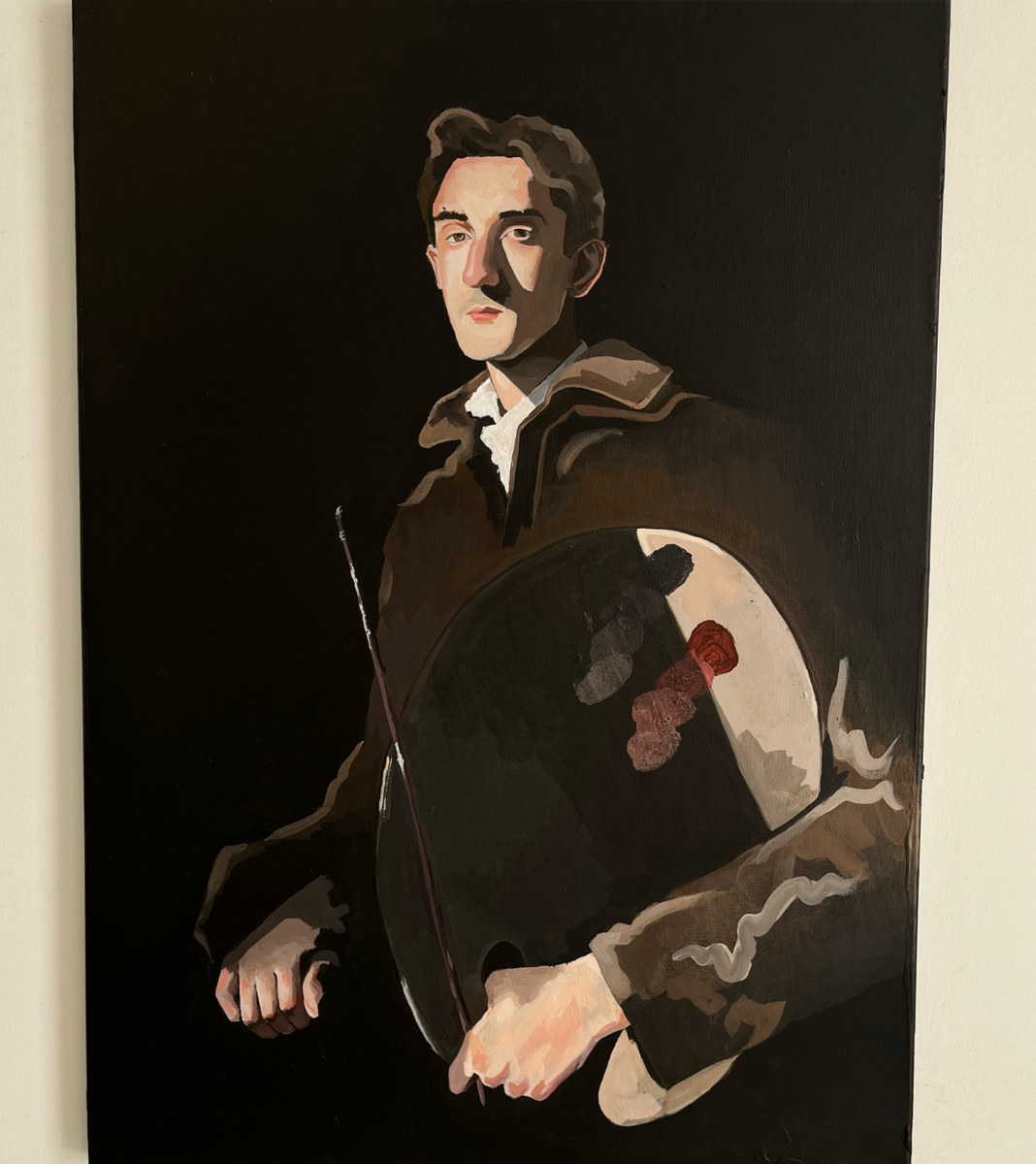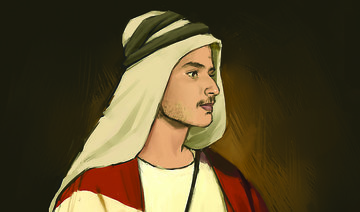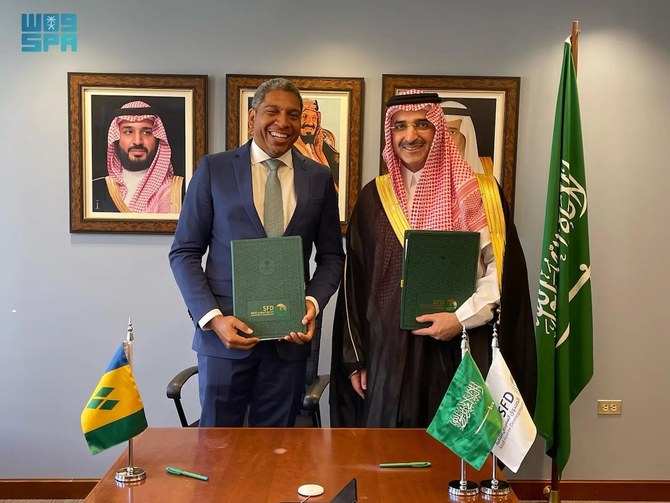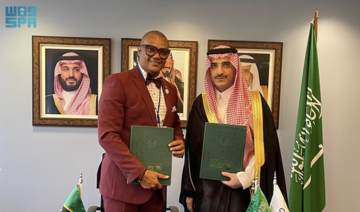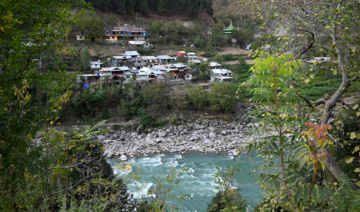NEW YORK: In a wide-ranging interview with Arab News on Wednesday, billionaire former New York Mayor and host of the Global Business Forum Michael Bloomberg warned political divisiveness in Washington, D.C. will harm the American people.
Democratic leaders announced this week they would pursue impeachment charges against US President Donald Trump. But without referencing impeachment, Bloomberg said partisan animosity will hurt the interests of Americans, arguing Trump “should be helped.”
Bloomberg also praised Saudi Arabia for making advances in freedom through the Saudi Vision 2030 reform plans, especially for women, and stressed that although there remains uncertainty in the results of Israel’s recent elections, he supports the two-state solution for Israel and Palestine and hopes the sides will come together.
“Trump, whether you like him or not … and I have certainly disagreed with him … I even said back in the Democratic Convention in 2016 he was the wrong guy for the job. But the American public elected him and we all have a vested interest in him doing a good job,” Bloomberg said.
“If we dumb ourselves down that we want to hurt him even if it hurts us, what kind of world are we leaving for our kids? You don’t have to like him to want to help him. We need him — he still is the most powerful person in the most powerful country in the world, we need him to do a good job. I hope he does. It doesn’t mean I am going to vote for him, it doesn’t mean I like him or not. Unfortunately, we’ve turned everything into partisanship and you can’t run a railroad that way.”
Bloomberg said both sides are responsible: “There is no good guy here. The Republicans and the Democrats equally hate the other side so much they don’t want to work with him. And that hurts the country and that hurts our children and that is unconscionable.” He said many people just do not understand Trump or how he is different from others who have come from business and political backgrounds.
“Unfortunately, I think the President is not a business guy. I’ve said that in the beginning. He is a real estate guy. In real estate you have one transaction. I saw your building or house and you walk away. It is a win-lose situation. Or, there is no penalty for having a win lose situation,” Bloomberg said.
“Whereas in normal business, we (Bloomberg L.P.) deal with Citibank. They are a competitor. They are a customer. They lend money to us. We deposit money in here. We do things in joint ventures. Businesses learn how to deal on different levels based on different subjects simultaneously. Unfortunately, in the political world, where good guys where white hats and bad guys where black hats, they don’t do that and we all suffer because of it.”
Bloomberg said the 3rd Annual Global Business Forum brings divergent views and ideas together. More than 50 world leaders, many participating in the 74th Session of the UN General Assembly also being held this week are focused on addressing climate change.
But Bloomberg, a former candidate for president with a long and successful political career, could not avoid the challenges of politics in the Middle East which he acknowledged has a direct impact on America, the world’s economy and on climate change. Bloomberg said that world leaders should take a leaf from the Global Business Forum noting that bringing divergent and individuals with different views can help overcome challenges.
“One of the things that will make a difference in the world is if we talk to each other and trade with one other. Swap ideas, swap cultures, religions, clothing,” Bloomberg said.
One of the things that will make a difference in the world is if we talk and trade together.
“We need to have products from around the world because it gives us more things that are useful that we can buy. We need the rest of the world because we want to sell to them. It creates jobs here. Because of global trade, the last 3 decades, we have reduced worldwide poverty by 50 percent … 50 percent if we measure it by a roof over your head, a meal in your stomach and being literate. If we pull away from global trade, a lot of those gains will be lost and an awful lot of poor people are going to be badly hurt.”
He added: “That kind of practice, of speaking with each other, talking to each other and engaging with others is the formula that can result in positive change everywhere including in the Middle East.”
Bloomberg, who has visited Saudi Arabia several times and hosted Crown Prince Mohammed bin Salman in New York City last year, praised the advances taking place in Saudi Arabia through the Saudi Vision 2030 reform plans outlined by King Salman and the crown prince.
He praised the Saudi vision and drive “to take that country into the new world … they have made progress going in the right direction.”
Although he said people in the West who separate religion and politics often do not understand the emphasis on religion in the Arab world, he said he is encouraged by the changes taking place in Saudi Arabia.
“I have had a number of women come up to me and say you don’t understand this is the best thing that has ever happened to Saudi Arabia because half the population was cut out and now they are going in the right direction,” Bloomberg said, acknowledging that the US only gave women the right to vote 100 years ago.
“We make a mistake in America of saying we are perfect, and the rest of the world is screwed up. That is not true. Everybody makes progress at different paces. Some are doing better than America, some are doing worse than America. There are parts of the Middle East that are back in the middle ages and there are parts that are very modern. I think if you look at the populations in those, the average person’s life is safer, they are healthier. They enjoy what we have on Earth.”
Bloomberg said he is unsure how Israel’s recent elections will affect Israeli-Palestinian peace, but he stressed continued support for the two-state solution.
Half the Saudi population was cut out and now they are going in the right direction.
“If they do have a new government in Israel, I think what they should do — and it is not my business to run their government — but I think what they should do is sit down and try to go with little steps in that direction,” Bloomberg said.
“Because if you constantly have tension, everybody is going to lose. Some day both sides will be on the wrong side of a transactions, or a war in this case. The world cannot and will not tolerate people suffering and being left out. We all have a reason to help.”
Praising Israel and citing its advances in technology, Bloomberg said he wants to see the same thing for the Palestinians, but he encouraged a return to negotiations to resolve the challenges.
“The same thing is true for the other side. History is what it is when you have two groups who both believe God gave them the same piece of land, it is never going to work out. Winston Churchill once said that ‘jaw-jaw is better than war-war’ meaning that it is better to talk than not,” Bloomberg said.
“My personal opinion is that you have to have a two-state solution because of the fact that both sides think God gave them the same piece of land. You have got to split the piece of land and each will have half of it. You have half a cake. It’s better than no cake. And it can bring peace. So, your people and my people and his people and her people can have a better life.”
Bloomberg said he has no inside information about Trump’s plans for the Israeli-Palestinian conflict, and he described the ongoing crisis with Iran as “a recurring problem” that may not easily go away. But he said talking, meetings and compromise are always better options.
“It is recurring. I don’t think we should take it lying down and say that is just the way the world is. Iran and its population has the very same interest in peace and prosperity and commerce that everybody else does,” he said.
“Sometimes their leaders, our leaders, and your leaders and his leaders don’t understand that and they worry for partisan reasons about different things and make different decisions. But I think we would all be better off if we would ratchet down the verbiage and try to understand the other guy a little bit.”




